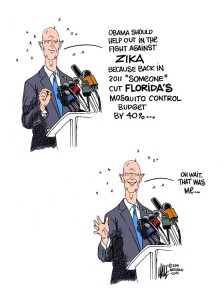I know, all hope must be crushed, but I see a new trailer that hints at a real story and interesting characters, and it stirs again.
I’ll smack hope a few more times with a ball peen hammer and see if I can’t get it under control. If not, it’s going into the blender and I’ll flush the resultant slurry.







